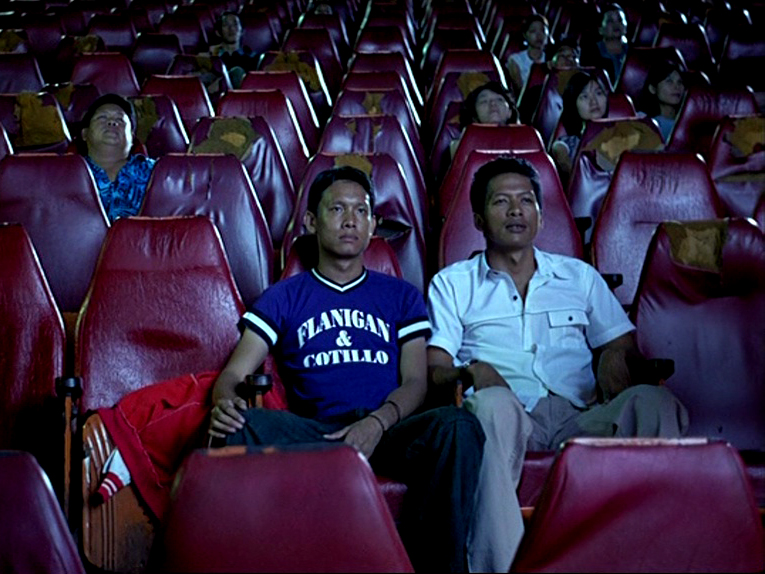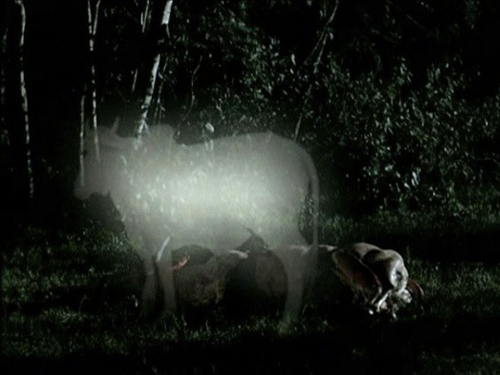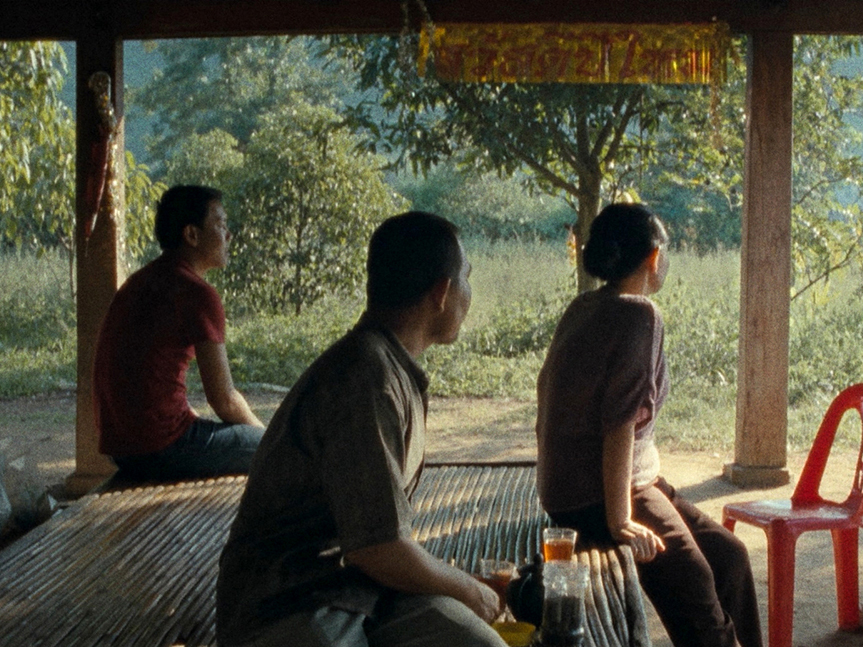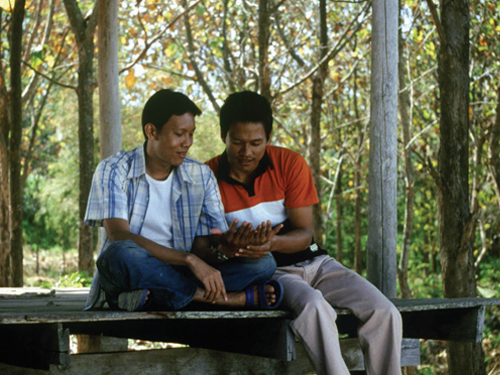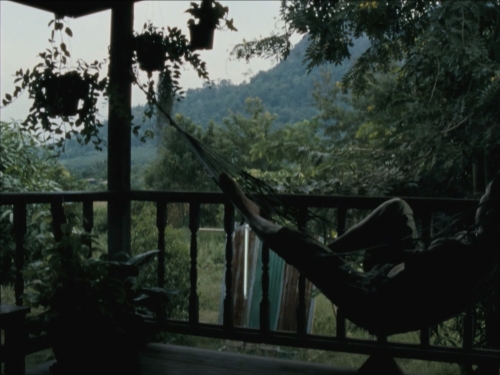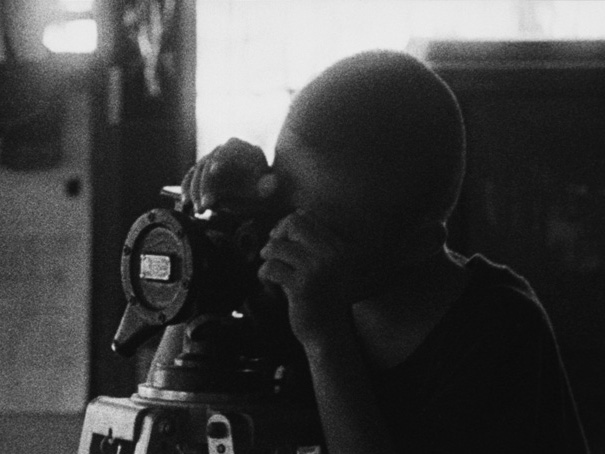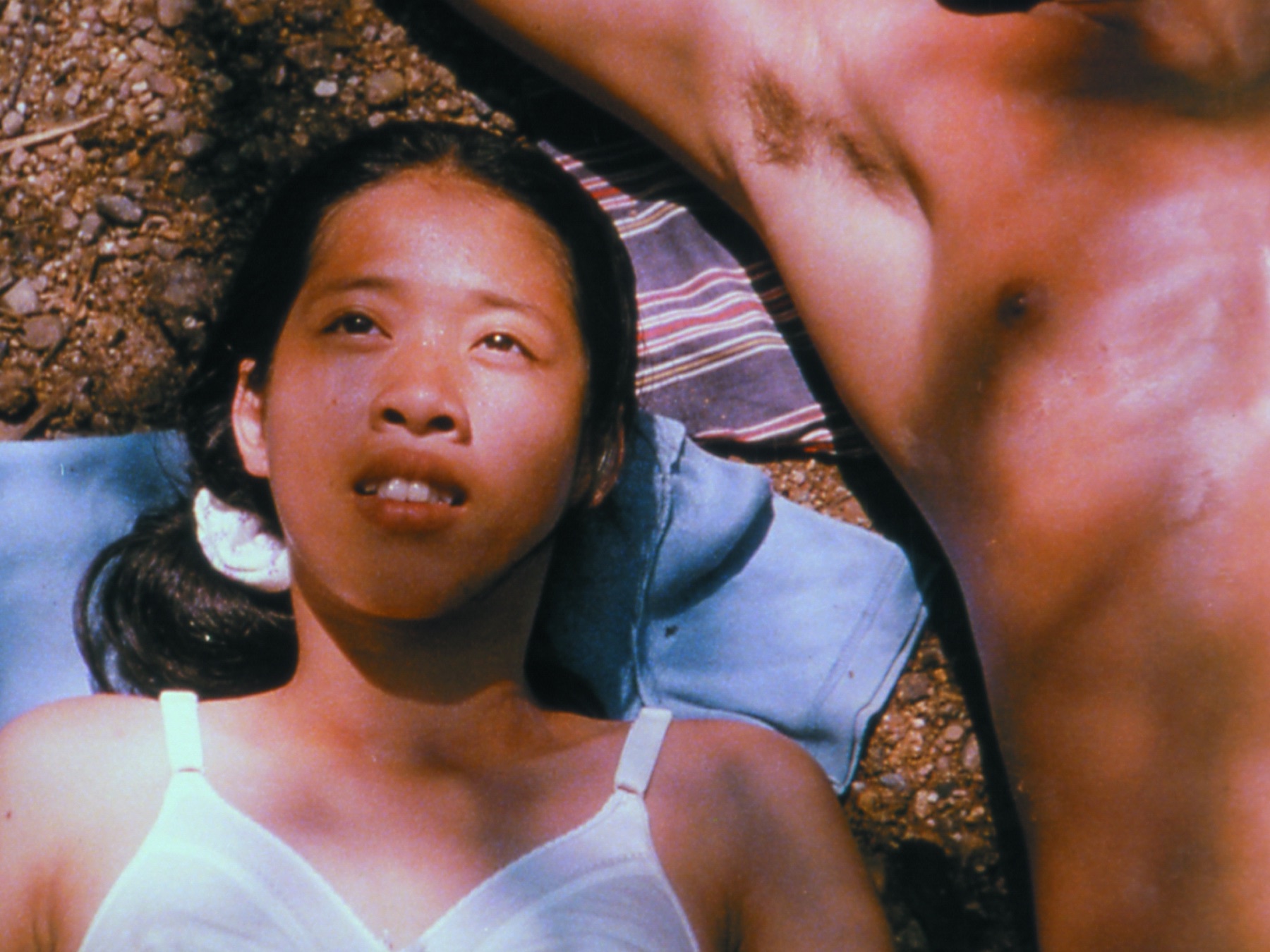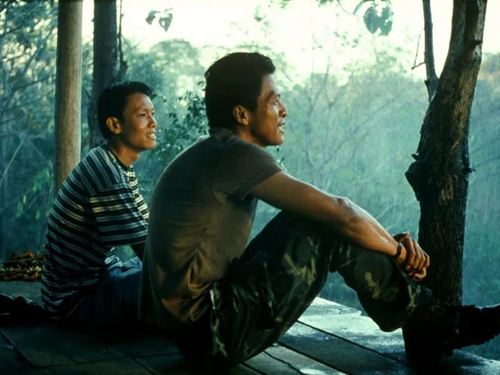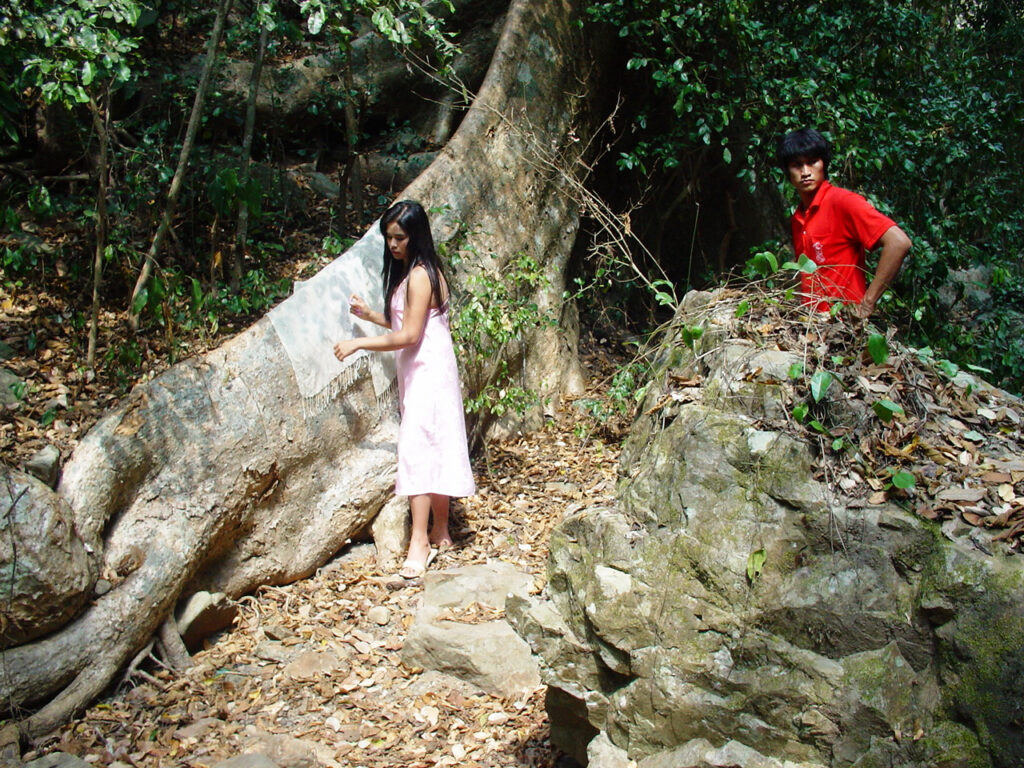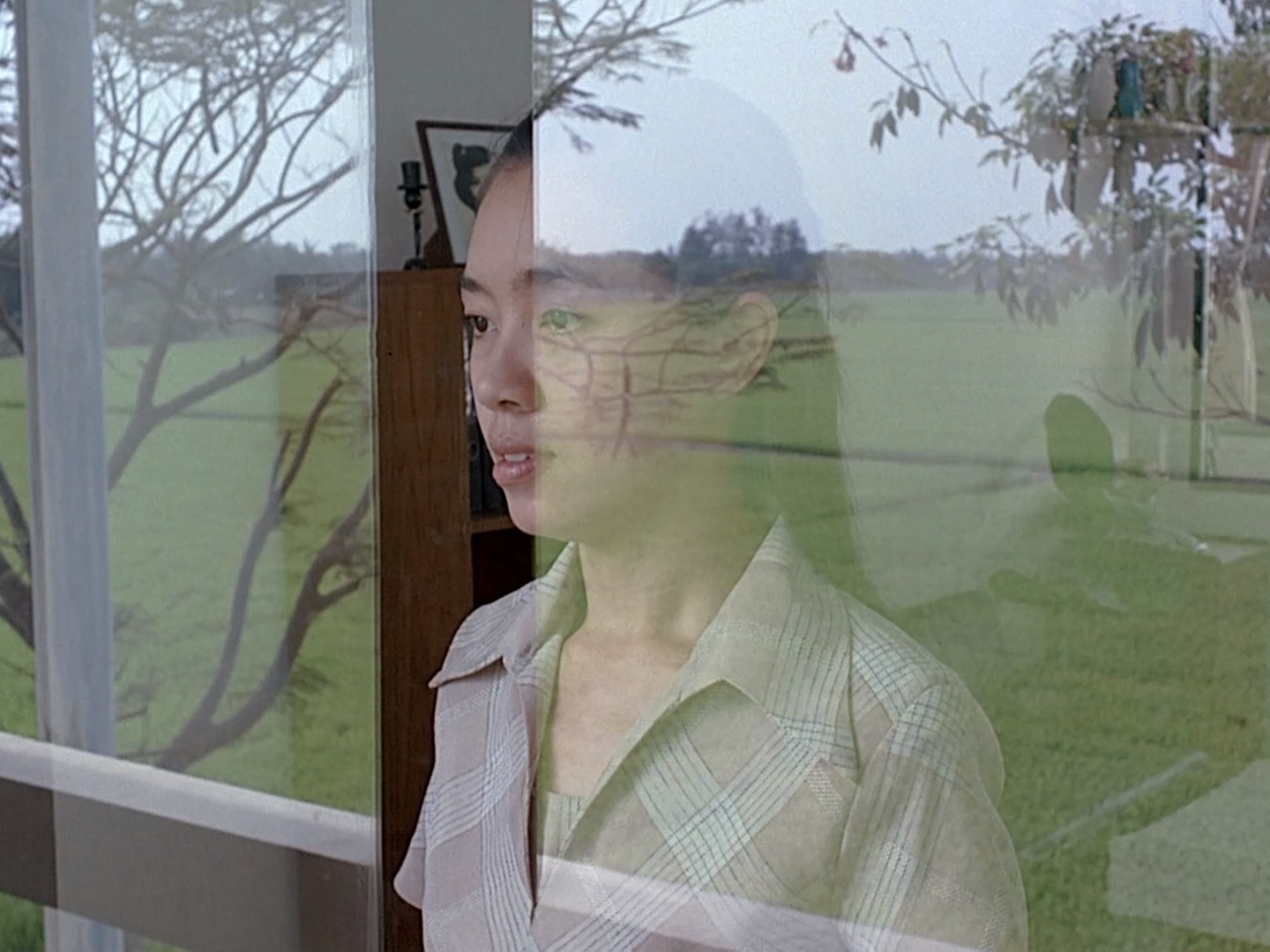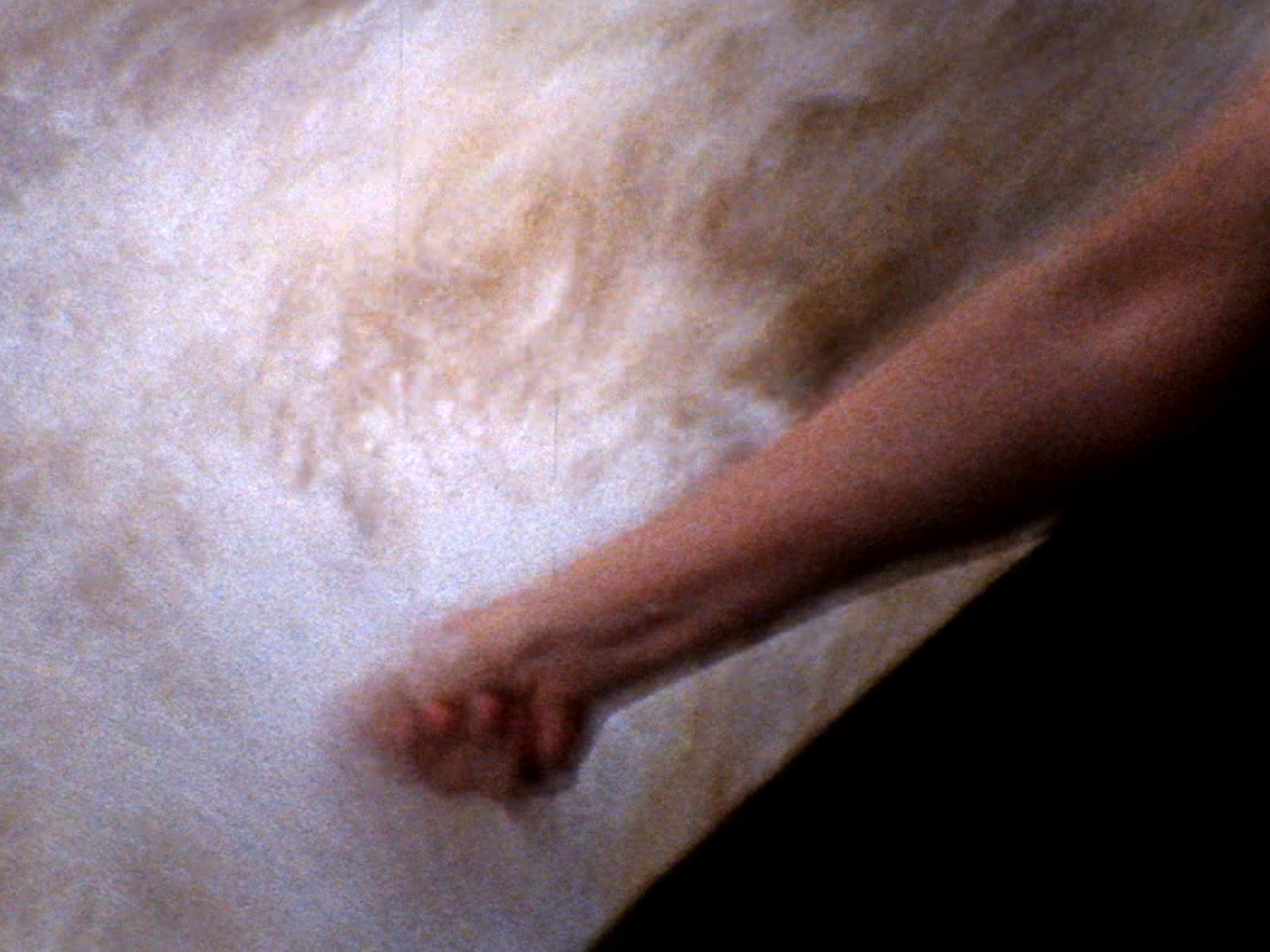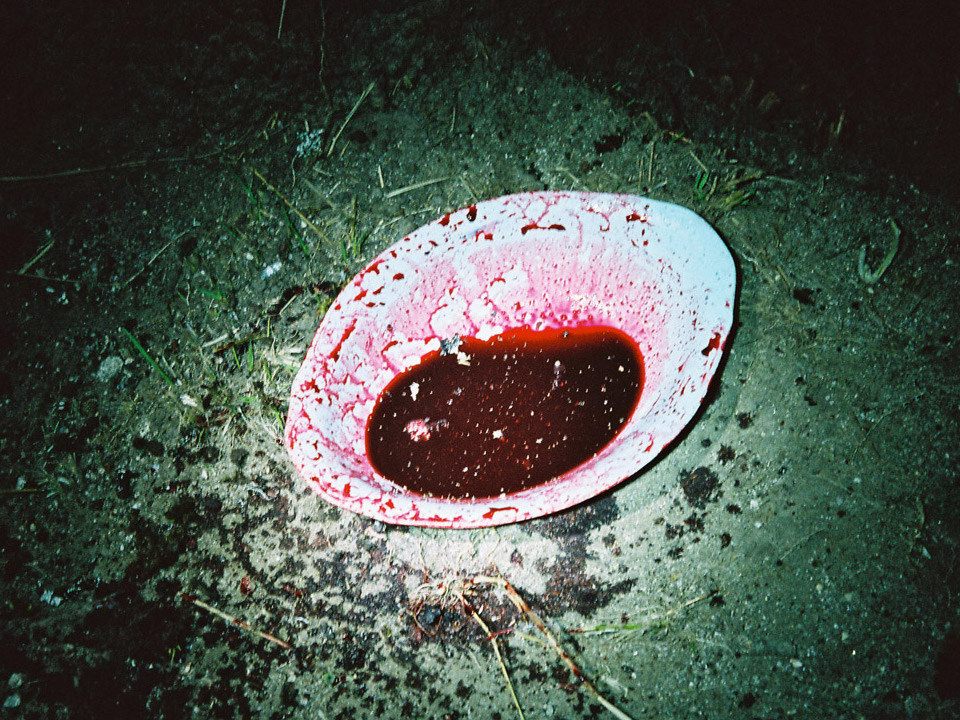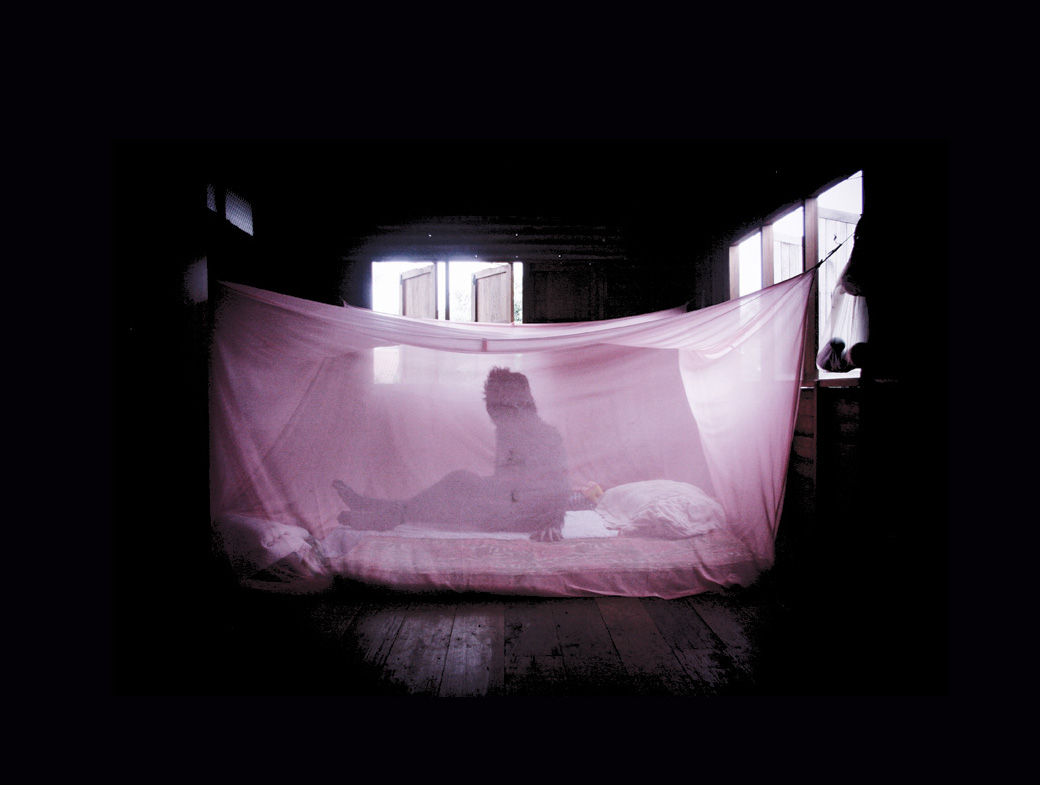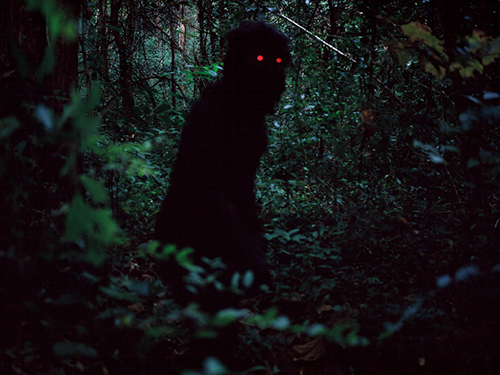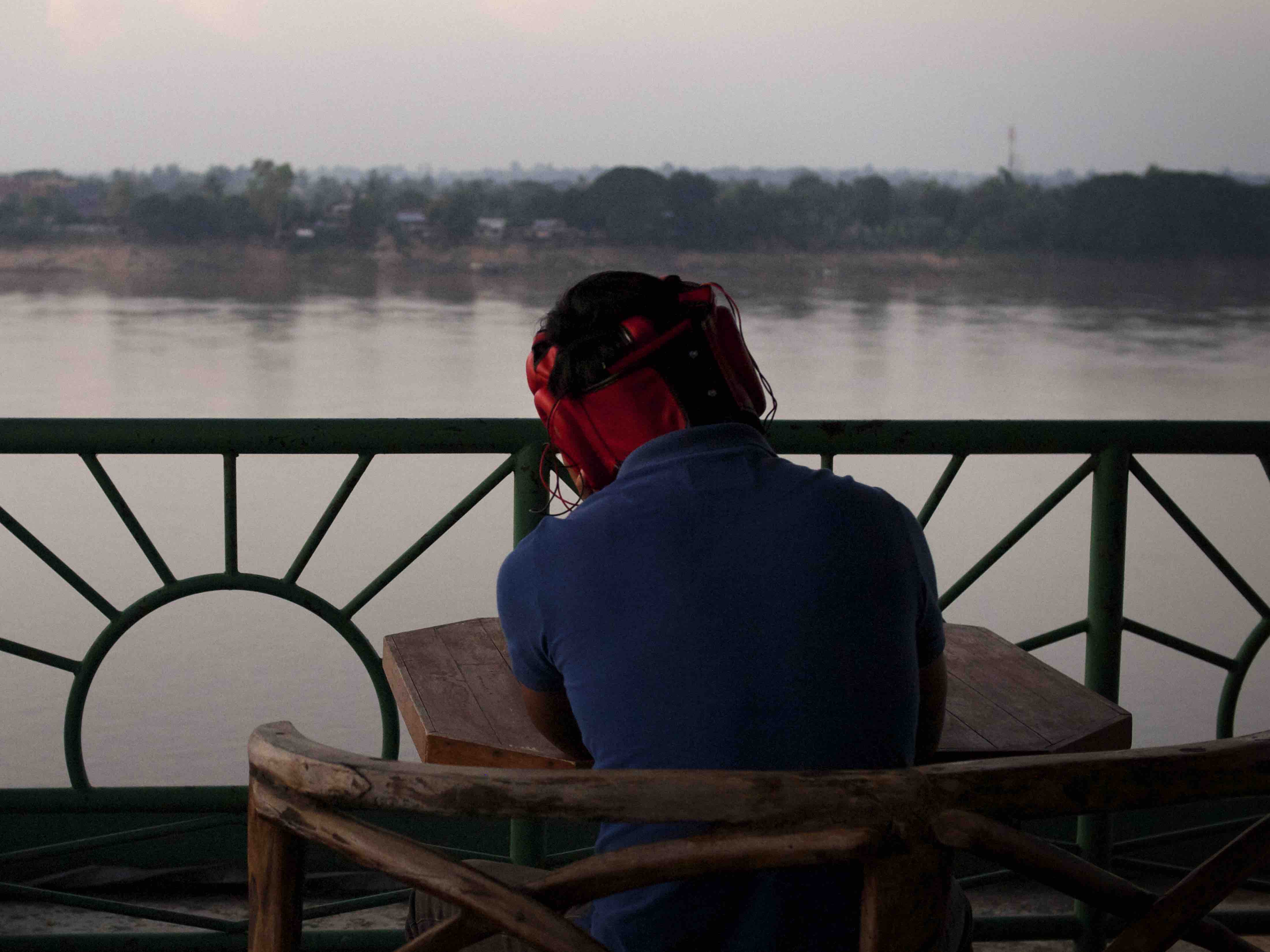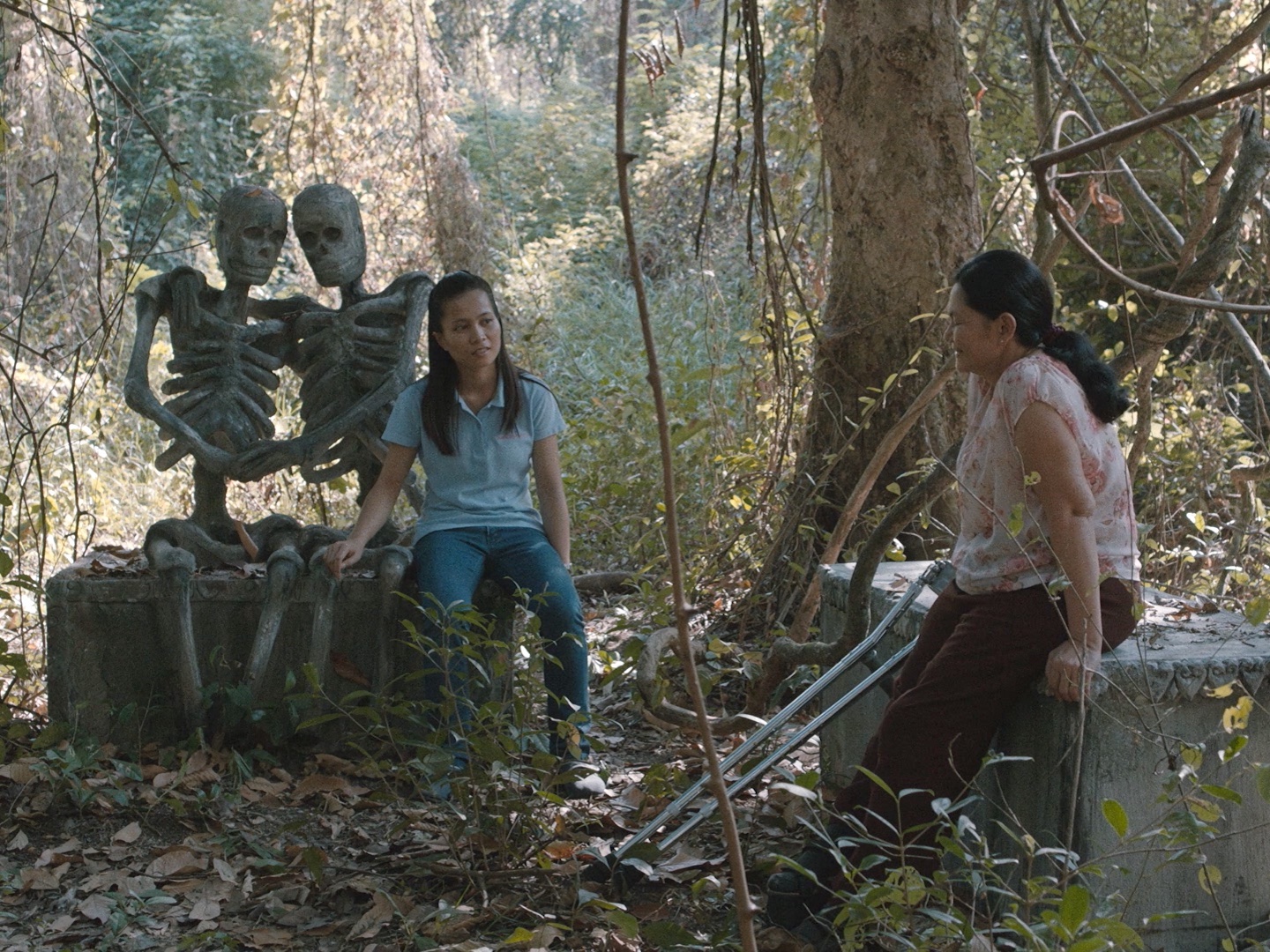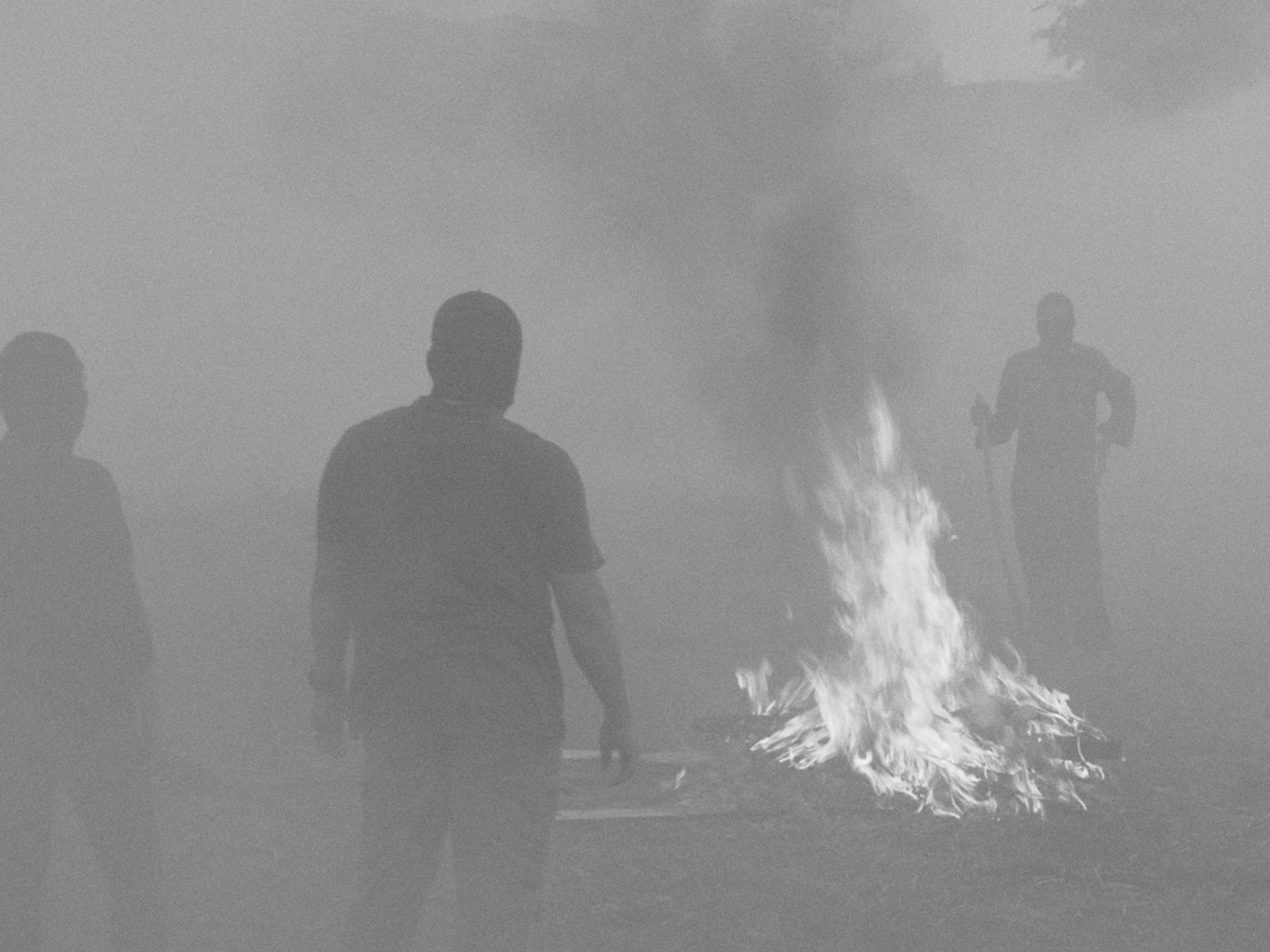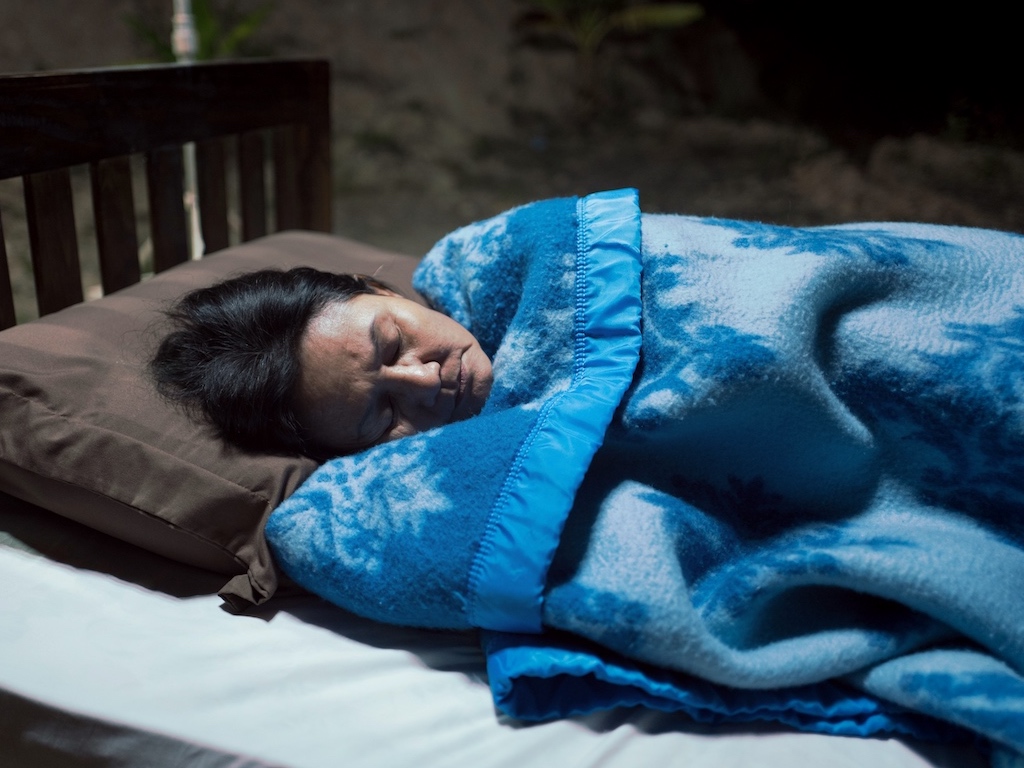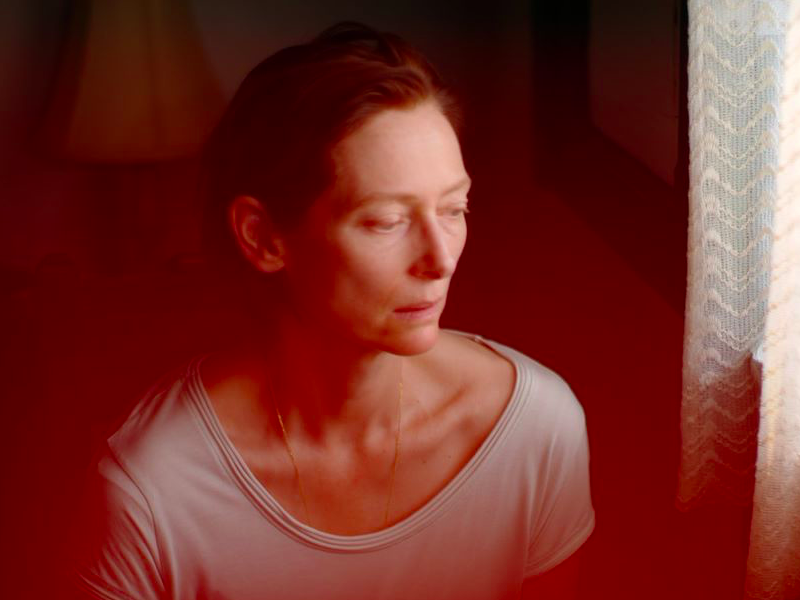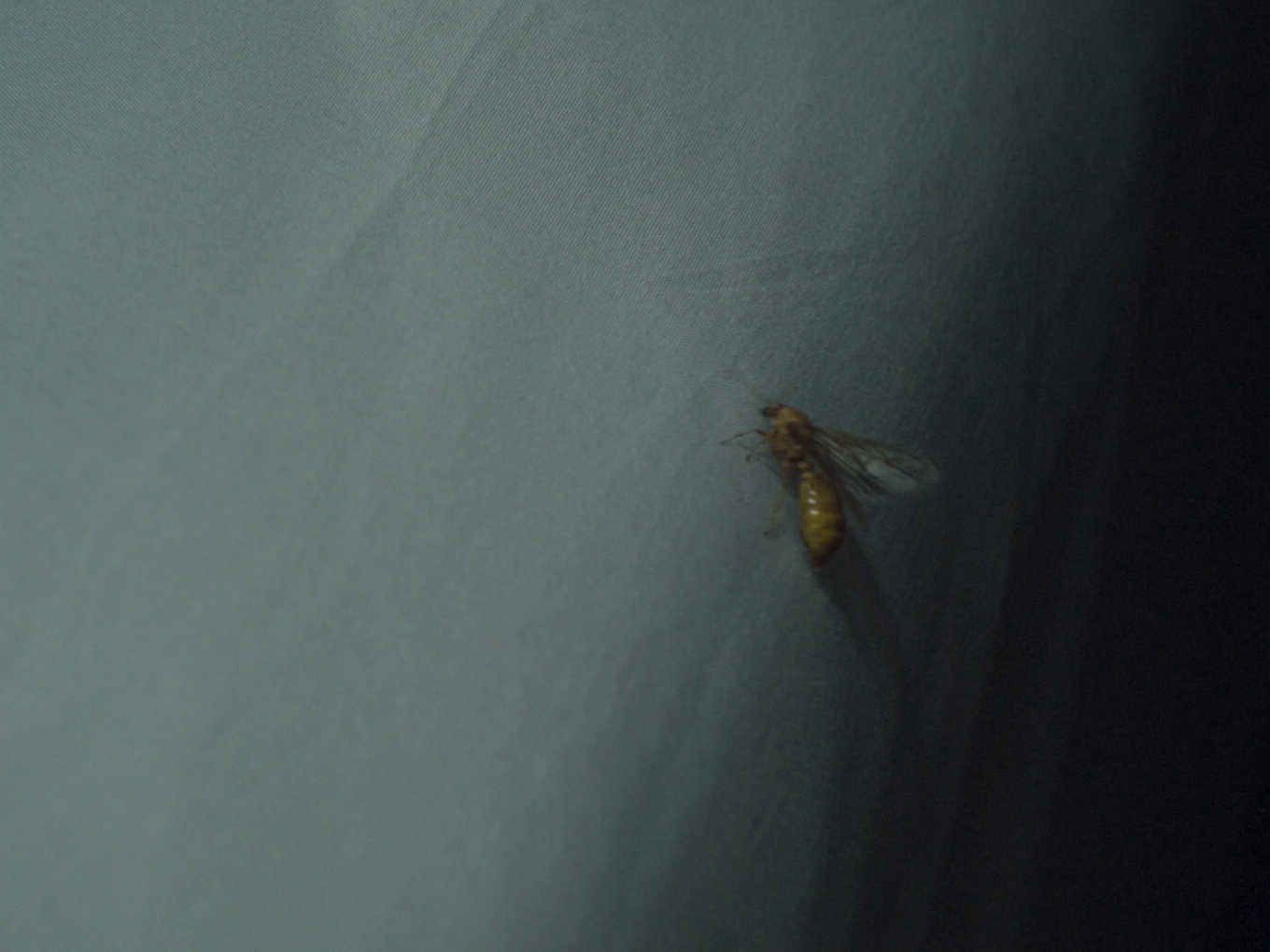Transmigrating Souls
The Cinema of Apichatpong Weerasethakul
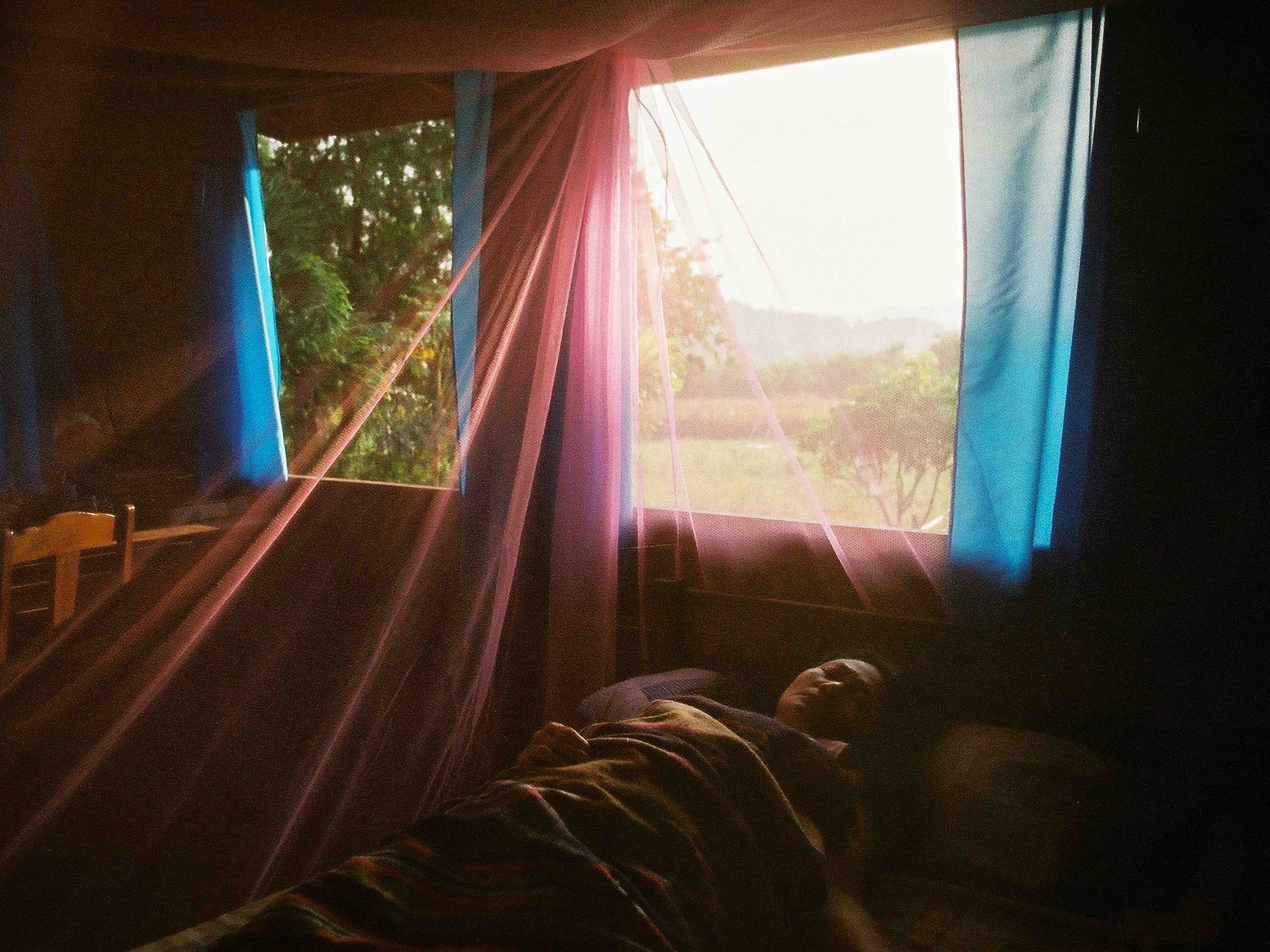
“Every drop of my blood sings our song. Do you hear it?”
The tiger in Tropical Malady
The Thai filmmaker Apichatpong Weerasethakul (1970) is known for, among other films, Tropical Malady (2004), in which a love story is haunted by the spirit of a tiger-poet, a shaman with shape-shifting abilities, and Uncle Boonmee Who Can Recall His Past Lives (2010), which shows, in Apichatpong’s words, “the relationship between man and animal and at the same time destroys the line dividing them”. On his deathbed, Uncle Boonmee is visited by his deceased wife and his lost son, who returns in a non-human form. His latest film, Memoria (2021), takes place in Columbia, where a deep historical context resonates, foreign to both the main character and the director himself.
Apichatpong was born in Bangkok, Thailand. Both his parents were physicians who worked in a hospital. The environment of a hospital and the medical world often plays a role in his work, notably in Syndromes and a Century (2006), which is based on his childhood memories. As David Toop writes in his article “The Unknown Sound”, part of this Collection: “Hospitals are places where different belief systems confront each other.” Science, Buddhism, nature and the notion of a consciousness that transgresses species are intertwined in the cinema that Apichatpong proposes. For him, cinema is the artform that can address the mysteries of time and that creates a shared body of memories. Cinema is a time machine to him, in part technical, partly magical. “I am interested in exploring the innards of this time machine. There might be some mysterious forces waiting to be revealed just as certain things that used to be called black magic have been shown to be scientific facts. For me, filmmaking remains a source all of whose energy we haven’t properly utilized. In the same way that we have not thoroughly explained the inner workings of the mind.”
Apichatpong left Thailand to study at the School of the Art Institute of Chicago, which he graduated from in 1997. There he discovered experimental film, which inspired him tremendously. In a conversation with Bjorn Gabriëls, also part of this Collection, Apichatpong said: “Experimental cinema expanded my definition of movies and encouraged me to think. Making films this way is liberating.” After graduating, he came back to his home country, where in 1999 he co-founded the production company Kick the Machine, which produces his own work alongside other Thai experimental films. His first feature film Mysterious Object at Noon (2000) is a hybrid documentary in which ordinary people tell stories that are then depicted in short scenes, loosely linked together, inspired by the work of Iranian filmmakers Kiarostami and Makmahlbaf.
Sound design is essential in the work of Apichatpong, who often works together with the sound designer Akritchalerm Kalayanamitr and the electronic musician Koichi Shimizu. In his films, sounds evoke the feeling of continuity as well as circularity and detachment, since the flow of time is never stable. The consciousness of transmigrating souls is made audible just as it is expressed by silence. The spirit of a tiger speaks in Tropical Malady, and the song it sings does not spring from its mouth but from the whole universe.
In Apichatpong’s films, beings from another time regularly come to visit the present, evoking a phantasmagoric atmosphere where spirituality, political reality, science-fiction, dream logic and surrealism collide. Weerasethakul does not shy away from incorporating the extraterrestrial with the religious, or combining tradition with visions of futurism.
But in his home country, this sometimes comes at a cost. The image of a Buddhist monk remote-controlling a flying saucer was one of the reasons why the Thai Ministry of Culture’s Cultural Surveillance Department banned Syndromes and a Century for the Thai public. In reaction, Apichatpong formed the “Free Thai Cinema Movement”. As an international filmmaker, his work is still shown in Thailand, but also around the world. Notably his numerous commissioned short films and installations have been shown at venues such as the Istanbul Biennal, the Liverpool Biennial, Frieze Art Fair and Documenta.
This collection provides an overview of the available English and Dutch texts on the oeuvre of Apichatpong Weerasethakul on Sabzian as well as film pages of his works.


